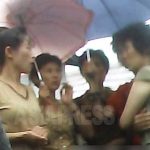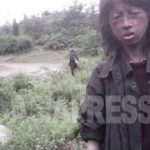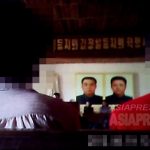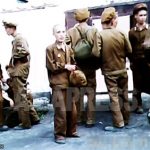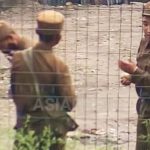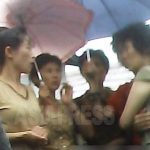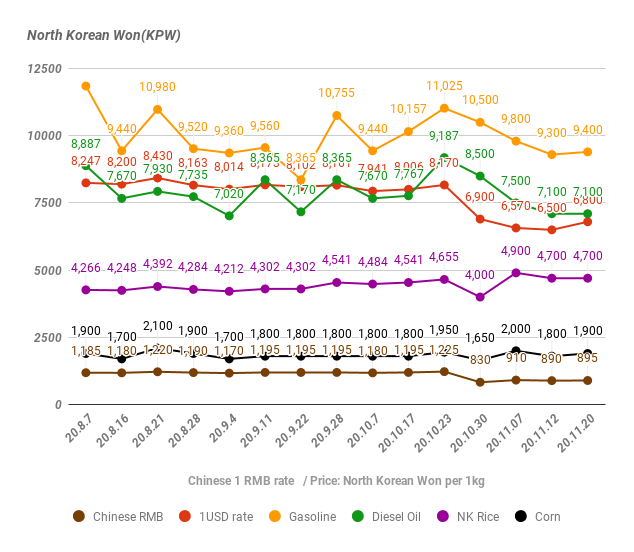
It was at the end of October that the abnormality was detected. The exchange rate of the North Korean won against the RMB and the U.S. dollar suddenly surged.
This year, the foreign exchange market’s rate for 1 RMB was around 1,200 won. However, the won’s value suddenly saw an increase of 30% to 830 won against the yuan. The value of the North Korean against the dollar, meanwhile, also increased. The value jumped from 8,200 won per dollar to 6,500 won per dollar- an increase of 20%.
When the value of foreign currency fell by 20-30%, panic spread among North Koreans. An reporting partner in the northern region of Ryanggang Province is quoted as saying:
“Some say that the yuan and the dollar will fall further still, and others say they will return to their original rate once trade with China resumes. Market traders have had a hard time pricing their goods. Some traders say it's an opportunity to buy yuan and dollars.”
However, the North Korean won is not officially convertible into foreign currencies and is not traded in the international foreign exchange markets. So, what exactly is the North Korean foreign exchange market?
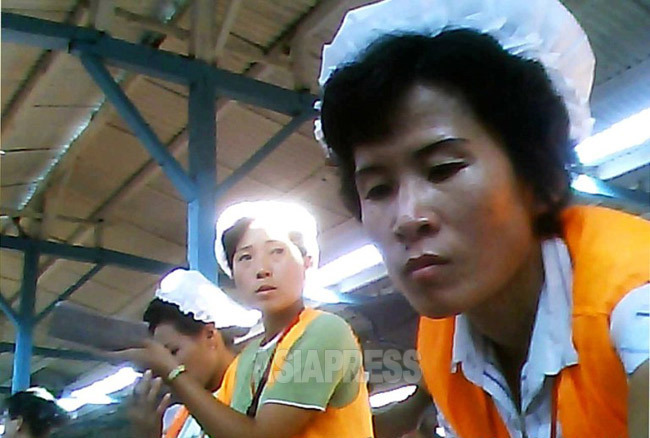
◆ Thorough crackdown on foreign currency black markets
The official exchange rate announced by the North Korean authorities is 1 dollar for roughly 100 won, however, the exchange rate is much different at black markets. As the Chosun Trade Bank unofficially discloses the market price every day, illegal currency exchangers called 'Money Dekos' use this as a reference along with locally gathered information to set their own exchange rates. As such, the exchange rates have been fluctuating greatly over recent weeks.
The main foreign currency in circulation in Pyongyang is the U.S. dollar, but the RMB is dominant in other regions. Over the past decade or so, the North Korean won has lost credibility domestically, prompting residents to use foreign currency extensively in their daily lives.
“We use RMB even to buy a single piece of tofu”... “bribes and fines are also paid in RMB,” provincial city residents explained.
This isn't to say that North Korean won can't be used, but after the day's business is over, most merchants will bring won to currency exchangers and have it converted to RMB. This is to protect their assets.
Anxiety about foreign exchange reserves first began in early November of last year. Suddenly, the government began to crack down on the use of foreign currency. The trigger was a direct order from Kim Jong-un.
Kim Jong-un spoke with condemnation saying, “Handle foreign currency well, but at the same time don’t neglect one's own currency.” Since Kim Jong-un’s criticism, the number of crackdown personnel in the market has doubled. The use of foreign currency is forbidden and, if caught, the entire amount of cash is confiscated. The arrest of 'Money Dekos' has continued.
In the name of cracking down on the use of foreign currency, Kim Jong-un intends to absorb foreign currency held by residents and prevent the decline of the local currency.
NextPage: Are restrictions on the use of dollars imported by diplomats a major blow to Pyongyang residents?
